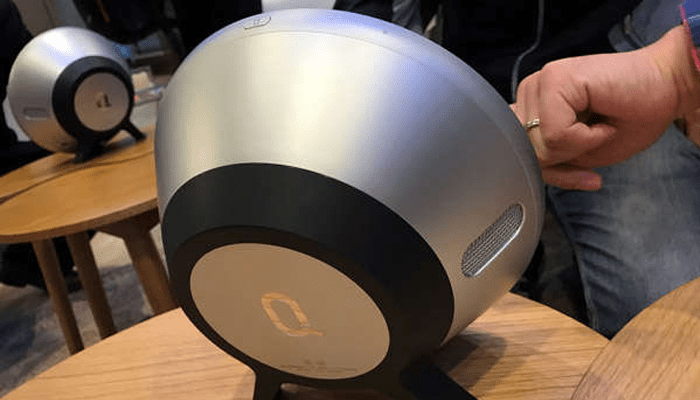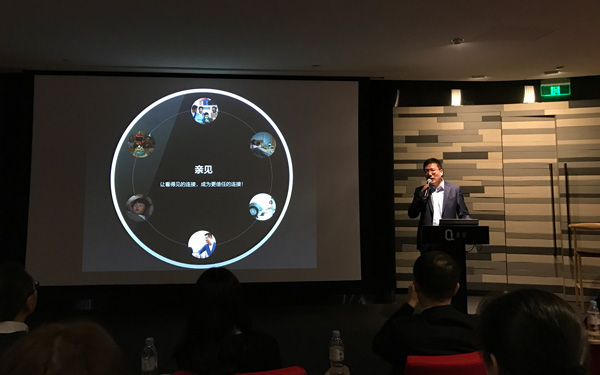A Chinese startup recently launched a smart telephone with optimized video call features that target both household and business sectors.
Dubbed QLove H1, the smart landline telephone. Founded by Beijing Shu Zi Jia Yuan Technology Ltd. It is the second product the company has unveiled this year.
The First Device of the Chinese startup
The first device, which did not go into mass production, made its debut during the Mobile World Congress held in February in Spain.
Built as a standalone mirror, it received the “iF Product Design Award 2016”, also known as the “Design Oscar”.
Compared to the previous device, the newly launched gadget has a more affordable price and customer-centered features. Real-time video communications are targeted at both individual customers and companies.
Founders of Chinese startup
Wu Wenliang, co-founder and senior vice-president of the Chinese startup company said the device will not only support Skype-like chat applications and other basic entertainment apps. But also support specialized apps that provide door-to-door delivery and online healthcare services will also be available for customization.
According to Wu,
The device functions will be expanded and upgraded. Thanks to artificial intelligence technology.
“It’s a service hub for a family rather than an entertainment center,” Wu added.
Some of the innovative highlights include a 160-degree wide-angle front-facing camera and a maximum 5-meter long-range audio pickup system.
Tang Bo, founder and CEO of the company, demonstrated the differences between the device and traditional video telephones.
Taking online shopping live broadcasting as an example. Tang said that compared to the online anchors who used their smartphones to broadcast. Fashion specialists who also promote their clothes on the internet will benefit from the device’s innovative features and provide improved videos and audio to their audiences.
“Our product is a real-time video service terminal,” said Tang.
According to a report by the China Internet Network Information Center
According to a report by the China Internet Network Information Center as of June this year, China had 710 million internet users, more than half of its overall population.
“Nearly half of the entire population is not connected with the internet,” said Tang Bo, founder and CEO of the company.”However, 4G signal has been more widely deployed around the country, and that is the reason why the device is available for built-in SIM card,” said Tang.
According to Wu, the Chinese startup company is aiming to build “connect on connect” for its users. Providing an “easy of use” hardware, “easy to share” applications, and “easy to serve” platforms.




